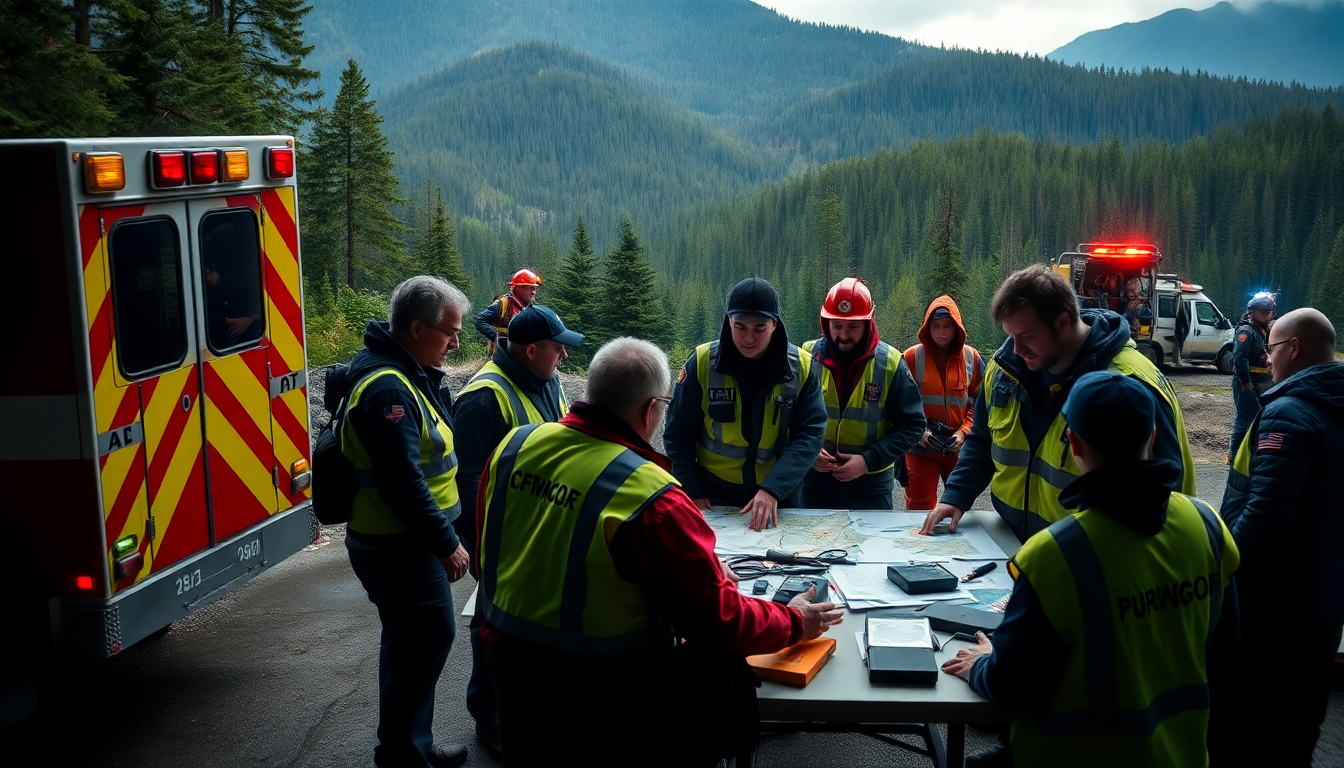Table of Contents
After facing some tough challenges, Metro Vancouver is stepping up its game when it comes to emergency responses for its smaller communities. Remember that heartbreaking landslide in Lions Bay last December? It really brought to light how crucial it is to have a solid mutual-aid agreement in place—one that ensures resources and services can be shared smoothly among different agencies when disaster strikes.
This incident has pushed local leaders to take a hard look at how well emergency services can coordinate and support each other in the region.
Why Collaboration is Key in Emergency Management
When the landslide hit, the local officials quickly saw that they were up against some serious limitations in handling the crisis.
That’s when various agencies, including Metro Vancouver Emergency Management, jumped into action to lend a helping hand. As Brant Arnold-Smith from Metro Vancouver Emergency Management explained, their job was to create an incident command structure. This helped bring together 46 different agencies to work in unison during such a chaotic time.
It’s safe to say that this kind of teamwork was essential to navigate the high-stakes environment and ensure everyone was on the same page.
The tragic loss of life in emergencies like this really drives home the point of having a reliable emergency management system.
The revamped mutual-aid agreement aims to strengthen this framework, addressing the shortfalls that surfaced during past crises. As our communities grow and face new hurdles, the need for smooth communication and cooperation between agencies becomes even more vital.
Looking Ahead: Planning for Improvement
Metro Vancouver is actively brainstorming ways to boost its emergency management capabilities. At a recent Small Communities Committee meeting, Jonathan Cote, the Deputy General Manager of Regional Planning, highlighted the potential for Metro to spark conversations among smaller communities. The aim? To explore how they can share services, which could lead to more efficient emergency management across the board.
Arnold-Smith also hinted at the exciting prospect of setting up multi-jurisdictional emergency management organizations down the line. These initiatives could dramatically enhance the region’s readiness for unexpected events by pooling resources and expertise from various agencies. Continuous planning and teamwork will be crucial to creating a more resilient emergency response strategy that prioritizes the safety of lives and property.
Final Thoughts on Emergency Preparedness
As Metro Vancouver continues to expand, the challenges linked to emergency management will keep evolving. The proactive measures being taken to refine the mutual-aid agreement and encourage collaboration among communities show a real commitment to protecting residents from potential crises. By learning from past experiences and harnessing collective resources, Metro Vancouver is gearing up to boost its resilience when faced with future emergencies. How ready do you think your community is for the next big challenge?





